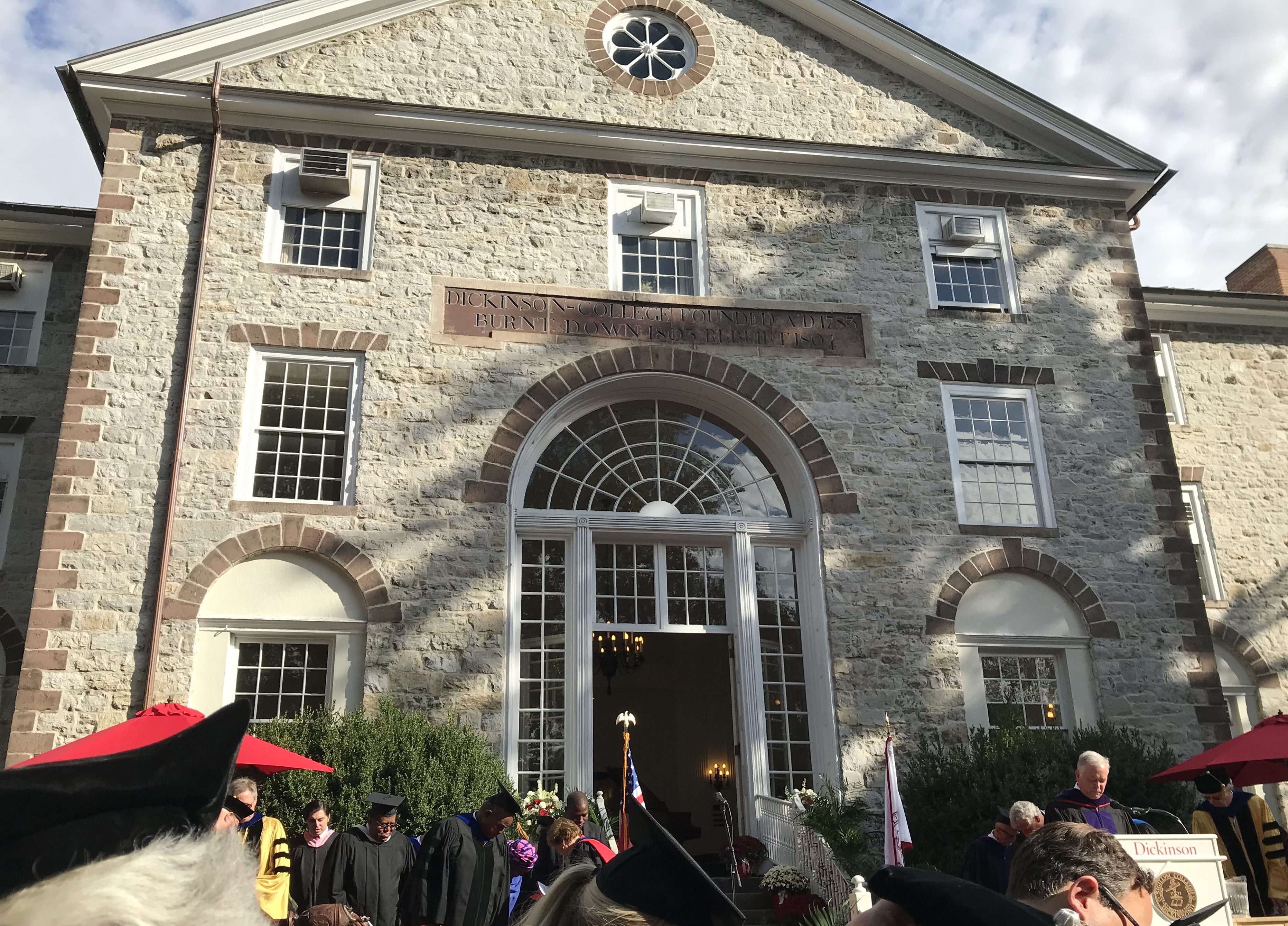This piece was co-authored with David Holmes, Exec. Director of the Character Collaborative and was published in Inside Higher Ed last March.
Since the 2016 meeting of the National Association of College Admissions Counseling, a group of admission deans from more than a dozen selective colleges has been working to elevate the influence of ethical and performance-based character in the admissions process. Calling themselves the Character Collaborative, the deans were joined by high school admissions counselors, representatives of major associations like the College Board and ACT, and researchers at Harvard University and the University of Pennsylvania to work toward this objective.
Since its founding, the group has focused on recognizing and nurturing student character as essential to education and a civilized society.
The the fraud scheme in college admission that was revealed as a “scandal” last spring is a sobering development. Disheartening as that may be, however, it is the evitable by-product of a college admission system that can be manipulated by adults for multiple purposes and is vulnerable to unscrupulous conduct.
Operating under the false assumption that getting into an elite college will set up their children for life, parents work hard to position them for admission to one or more of the nation’s highly selective colleges. At the same time, colleges want successful athletic teams and need a substantial flow of donations, so parents and their agents can work together to exploit those angles.
In the current scandal, such motivations — acceptance to a prestigious college, good sports teams, an appetite for money — has created a situation in which parents, outside “fixers” and college athletic staff have taken advantage of a vulnerable system by cheating. The most disheartening aspect of the scandal is the absence of fundamental precepts of good character.
Fortunately, through the Character Collaborative, a growing number of higher education institutions are working to elevate character attributes in admission. Three factors drive this work. First, research shows that character attributes are the strongest predictor of success in school, work and life. Second, history shows that parents, students and secondary schools will respond to what colleges are looking for. Three, colleges want to keep faith with their founding principles, which include positive values, good character and citizenship.
In order to return good character to its rightful place in education, colleges are working on: 1) avenues for assessing character in valid, fair and culturally neutral ways and 2) models for integrating character considerations into admission decisions. These efforts hold promise for changing college admission in a profound way.
Members of the Collaborative — including Bucknell University, Carnegie Mellon University, the Massachusetts Institute of Technology, Swarthmore College, the University of Denver and the University of Rochester — are beginning to examine the potential use of various instruments to assess character attributes. Many campuses are using rating scales to assess the character of college applicants. At one institution, the admission team employs a research-based rubric of seven character attributes in reviewing candidate materials. The rubric defines each factor and indicates where in the candidate’s materials to look for evidence. Several colleges are revising formats for student essays and teacher recommendations by seeking concrete examples of attributes such as resilience, perseverance and compassion. Using institutional research, other colleges are looking for character-oriented attributes, such as persistence and teamwork, to predict academic success and match the culture of the school.
Along with ensuring the integrity of testing and of college athletics, we believe the elevation of character in admission will change the mind-set and actions of the various players in college admissions.
By insisting on integrity and ethical behavior in every part of the admission process, including in the criteria for admission, we can deter parents and others from attempting to manipulate the system to their selfish benefit. Additionally, we can motivate parents and colleges to model attributes of character that ensure that our youth will become people who make the world a better place.
